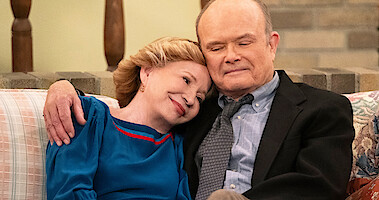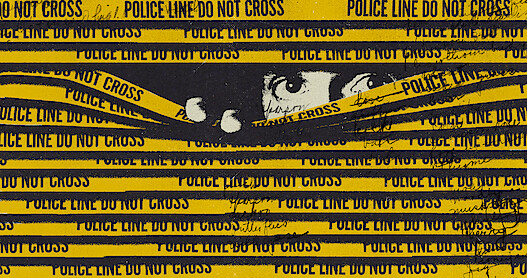
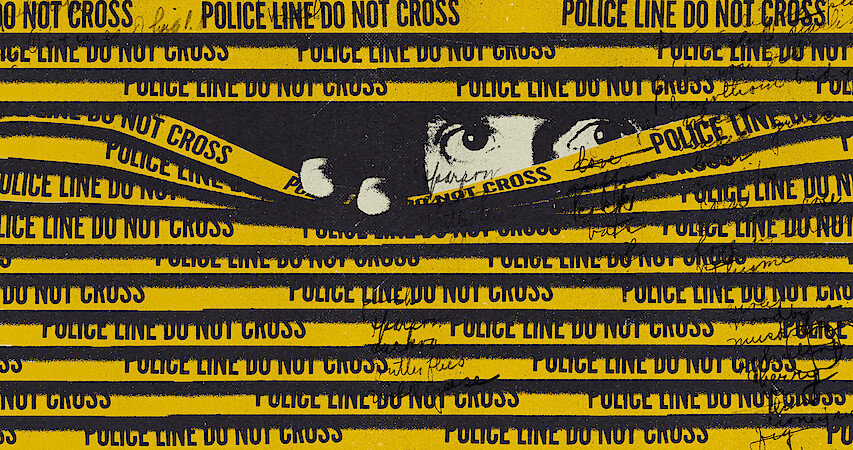
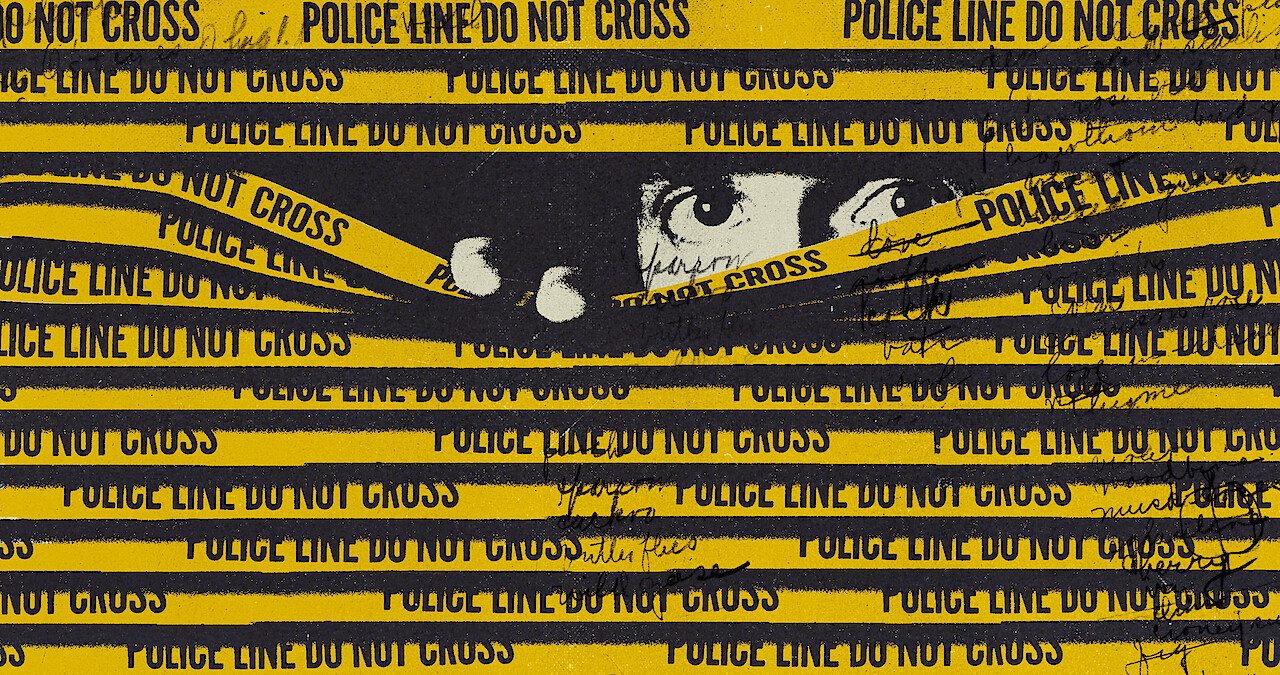



Much has been said about our love of true crime. From Making a Murderer and Unsolved Mysteries to Cocaine Cowboys: The Kings of Miami and Tiger King: Murder, Mayhem and Madness — what happened to Carole Baskin’s first husband, anyway? — gruesome tales excite and intrigue us. As long as stories have been told, people have been morbidly curious about the inner workings of a devious mind. What happens when humans behave inhumanely? Could we catch a killer? What are the red flags? Could we escape?
Here’s the kicker: There’s nothing more fear-inducing than reality. Sure, monster movies are scary, but the idea of a serial killer living among us? That’s true terror. While it’s highly unlikely you or someone you know will be murdered, it’s not completely out of the realm of possibility. So, why do we love these grisly stories? To answer this question, we reached out to a handful of professionals, from true crime–obsessed psychology professors to veteran criminologists. What’s the appeal of true crime? Let’s find out.
AMANDA VICARY, associate professor of psychology at Illinois Wesleyan University: [True crime] is something we should be turned off by. People are dying. People are mourning their loved ones. Perhaps there are graphic depictions of crime scenes. Why in the world are people into this stuff? People like to learn about the psychological background of the killer. “What made him kill? What warning signs can I watch for so that I don’t get killed? Was there some sort of episode that made him explode into violence?”
MICHAEL MANTELL, clinical and corporate psychologist: There is a sense of experiencing fear and controlling fear. We want to understand the motivation of serial killers, whoever they are.
ORIANA BINIK, professor of sociology and social research at Università degli Studi di Milano-Bicocca, Milan and author of The Fascination with Violence in Contemporary Society: When Crime Is Sublime: According to psychoanalysis, [when] faced with a criminal, we feel solidarity with his ability to allow himself to regress to his primitive individual [state].
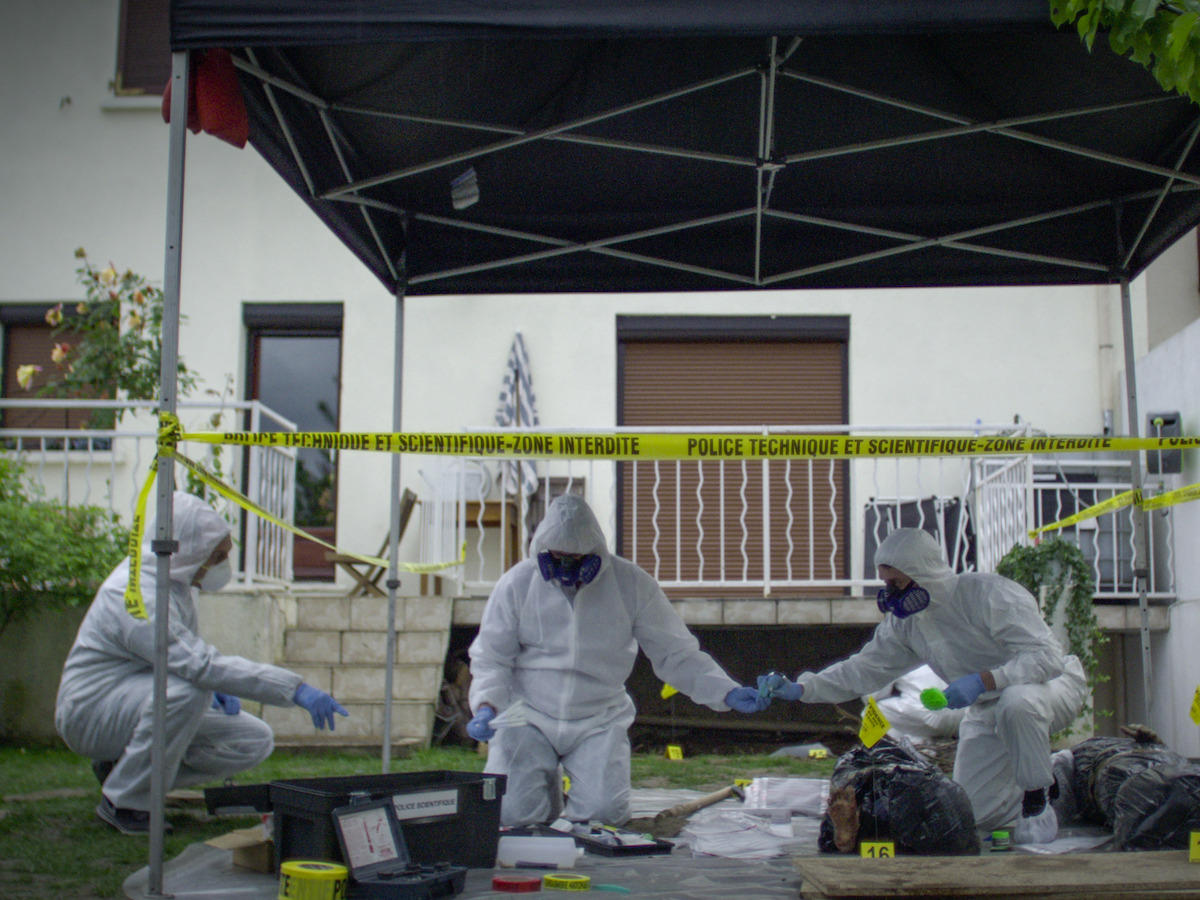
MANTELL: There’s a physiological response… The addictive power of adrenaline is remarkable. Seeing someone else being kidnapped and murdered, it’s a sense of dealing with our anxiety, dealing with the recognition that we can become victims. We can enjoy the thrill of fear but from the safety of our own homes.
VICARY: People have a big fear of crime. Because these [are] crimes we see on Forensic Files or a Netflix documentary, they aren’t that common. The odds of being kidnapped while walking down the street are very slim. But that’s what we see in the media. That’s what’s covered on podcasts. How do we prevent it? How do we keep ourselves safe? We seek to understand it. This is probably an unconscious drive [for] a lot of people.
SCOTT BONN, author of Why We Love Serial Killers: The Curious Appeal of the World’s Most Savage Murderers: We live in very troubled times, very alienated times, and many people feel powerless, out of sorts, and very frightened by an unpredictable and unknown future to the extent that [if] you can control something, even in a small way, it’s reassuring and gives you a sense of comfort and protection... You’re satisfying your own individual control and safety needs.
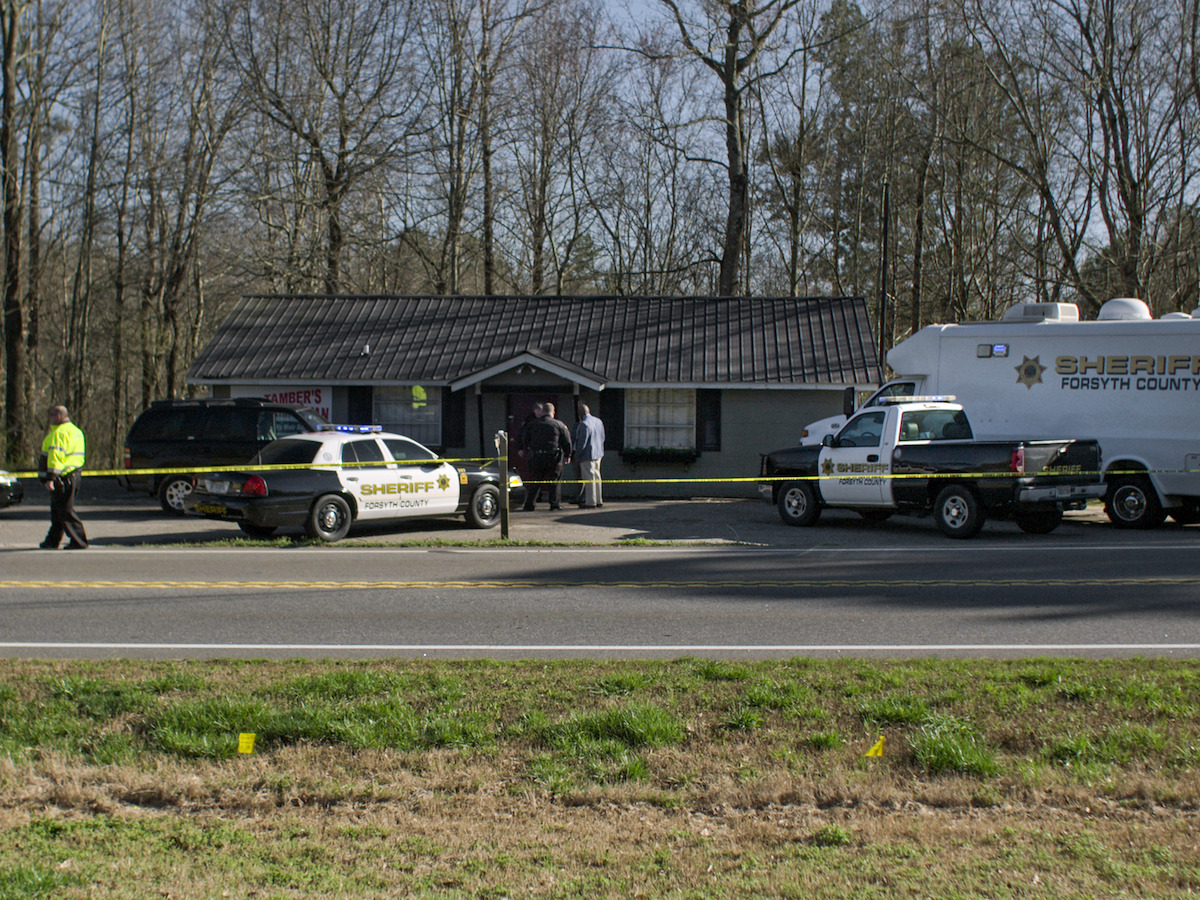
BONN: Rarely do you have an unresolved case where the police screwed up and the dangerous individual is still running amuck [in true-crime programming]. The stories don’t end that way. The stories typically end with justice prevailing and the system working. There’s the safety and comfort in knowing the world is safe again by the end of the hour. It’s a little morality play, if you will. That sense of closure is really appealing.
VICARY: The solving of the mystery, putting the clues together is something people obviously like. Mystery books have been around forever. And then you have this new interest in potential wrongful conviction, which I’m really interested in. You have the mystery and you can also feel like you’re doing good. There’s a social justice element to it, learning about the flaws in our justice system and maybe getting involved in trying to free an innocent person from behind bars.
BINIK: The desire to solve the crimes on TV comes from resentment, which can be connected to the increasing difficulty in living and trusting real judicial rituals.
VICARY: The sheer popularity of social media has made it easier for people to discuss these things. You can join a Facebook group of a thousand other people, or a Reddit subforum of people who are just like you and want to talk about this case. That may be why so many of these Unsolved Mysteries/wrongful conviction stories are so popular now. There’s something to talk about. If the person is caught and arrested and in jail, what do you have to talk about? If there’s a mystery, someone is missing, then you can try to uncover the clues.
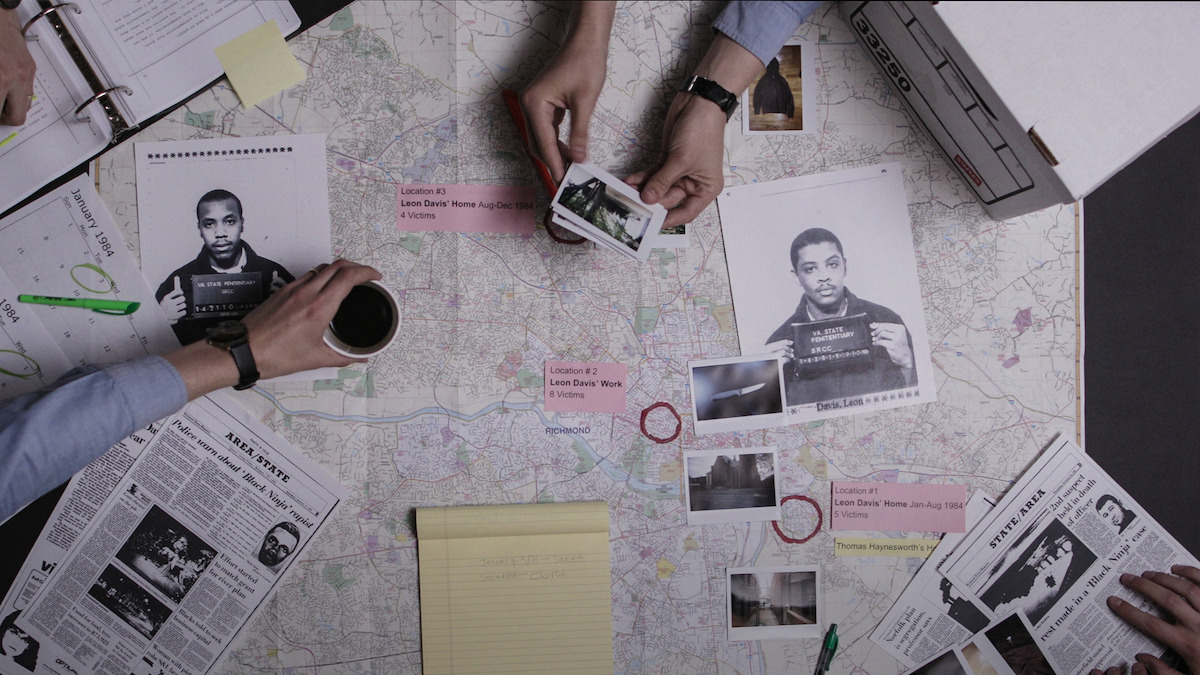
BONN: The interest in true crime is nothing new. We can document it back at least as far as the 19th century, when the Jack the Ripper case in London essentially launched tabloid newspapers. It became a worldwide phenomenon. And then, in the 20th century in the United States, you had pulp magazines, 1930s, 1940s, 1950s steamy magazines with scantily clad women on the cover. I remember my grandfather reading those down in the basement because he didn’t want anyone to see him reading them. True crime came out of the closet in the ’80s and ’90s with the launch of things like America’s Most Wanted, 48 Hours, Dateline and 20/20, so it became much more of a mainstream thing. And then with the launch of Court TV in the early 90s, it really caught on. The Pamela Smart case really launched courtTV and then a few years later, [there was] OJ [Simpson].
VICARY: I found that women [are most] interested in stories with women victims. And that’s the majority of what we’re seeing, women being kidnapped right off the street. Maybe that’s one reason true crime isn’t as appealing to men; it’s not as relevant to them.
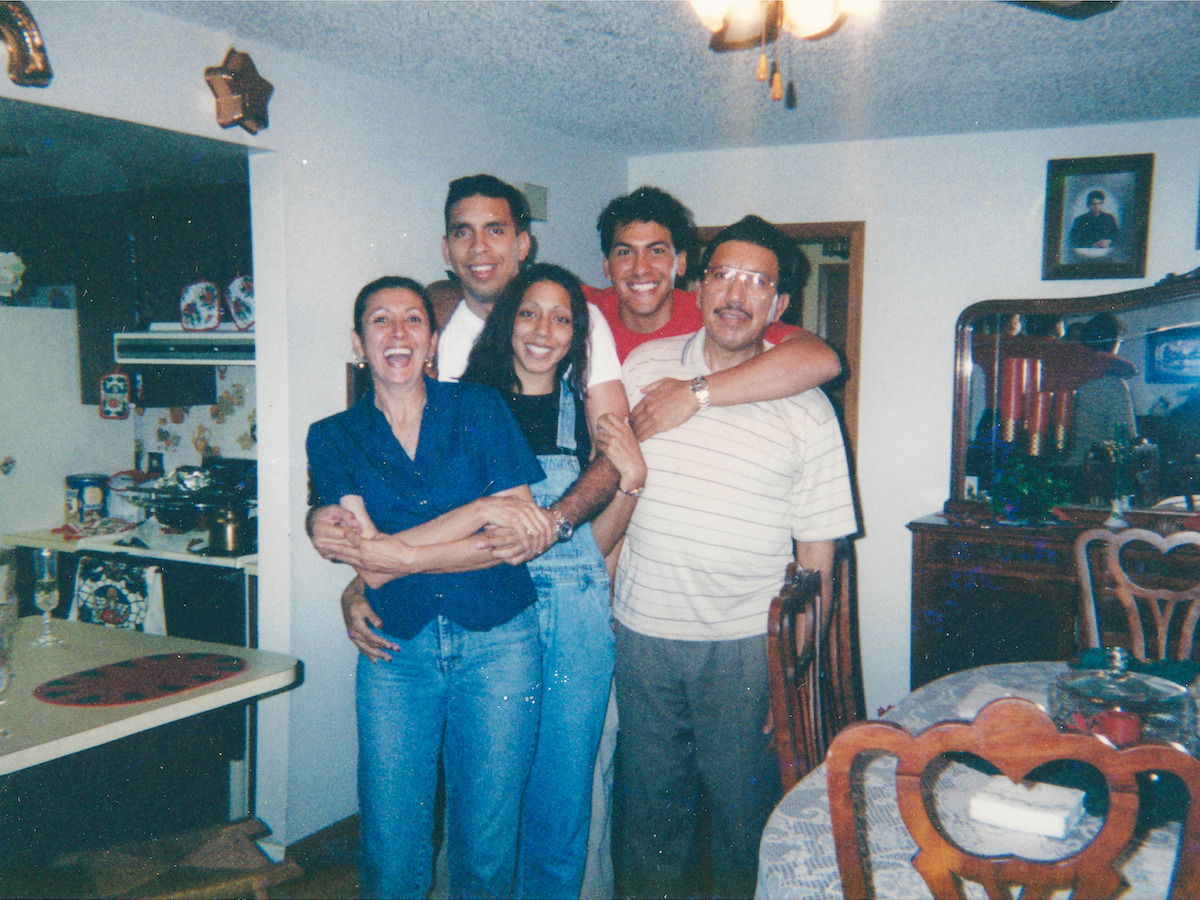
In Unsolved Mysteries episode "Mystery on the Rooftop," Netflix examines the mysterious death of Rey Rivera (top right), pictured here with his family.
JACK DENHAM, sociology and criminology lecturer at York St. John University: The appeal [of true crime] is around a desire for “difference.” You could read that and think, “Yeah, but aren’t all these crime documentaries doing the same thing — nothing different?,” but, essentially, what they’re selling is a cocktail of mystery, fear and violence that’s largely missing from our everyday lives.
BINIK: The subtitle of my book, in which I try to answer these questions, is "when crime is sublime.” We can define the sublime fascination with crime as an attempt to understand “otherness” outside our everyday experience.
MANTELL: People watch crime stories as a way of psychologically reminding themselves that it’s not them who are experiencing the harm. There’s a certain non-sadistic but vicarious relief in safety and pleasure that comes from witnessing harm done to another person. Children love stories about monsters. Adults have crime stories that do the same thing. We watch crime because it allows us to feel compassion, not only for the victims but sometimes for the perpetrator[s] as well. It helps us feel secure.
VICARY: We’re not all gathered around talking about the latest mystery book. It’s the true element. We’re learning how someone actually killed or got themselves in a bad situation, so we can learn what to do to protect ourselves. A fictional book doesn’t do it in the same way.
BINIK: In our contemporary society, we need to know that something real still exists and that it can intensify our lives. True crime is a good answer. [It’s] an extreme act that gives us a thrill and let’s us interrogate ourselves about our human nature and the society we want to live in.
